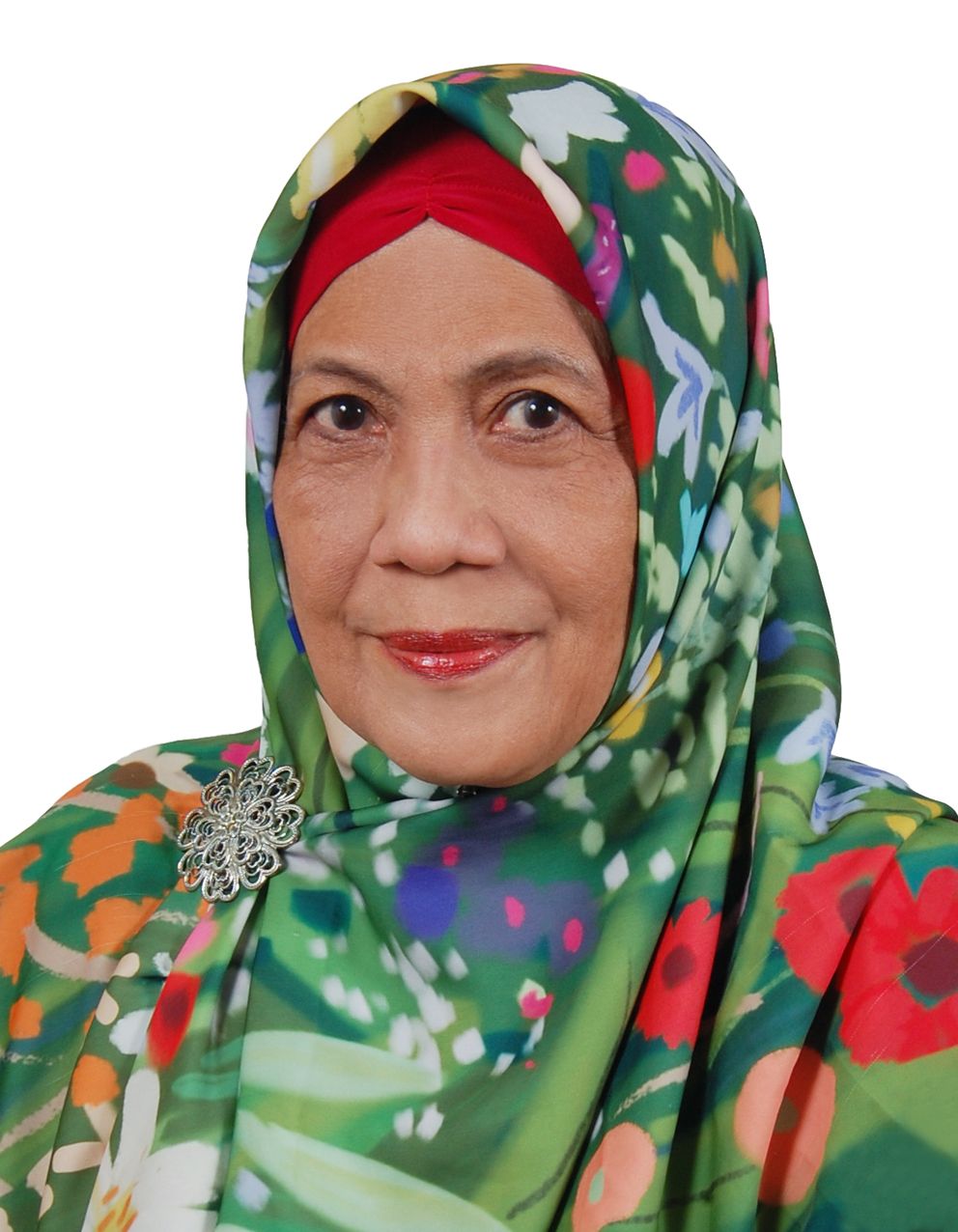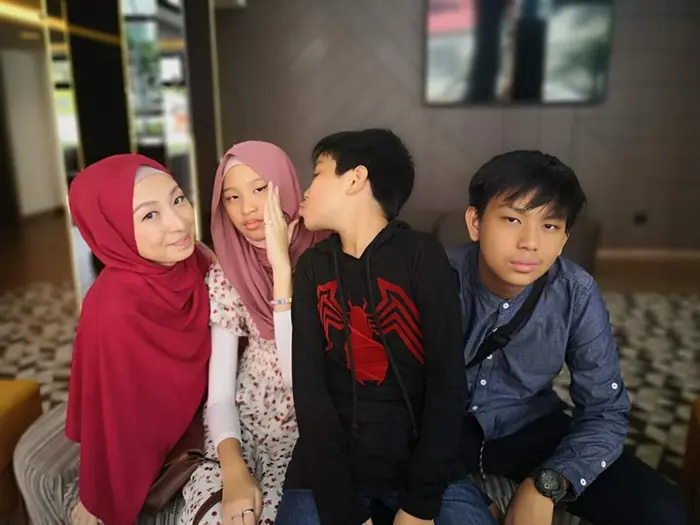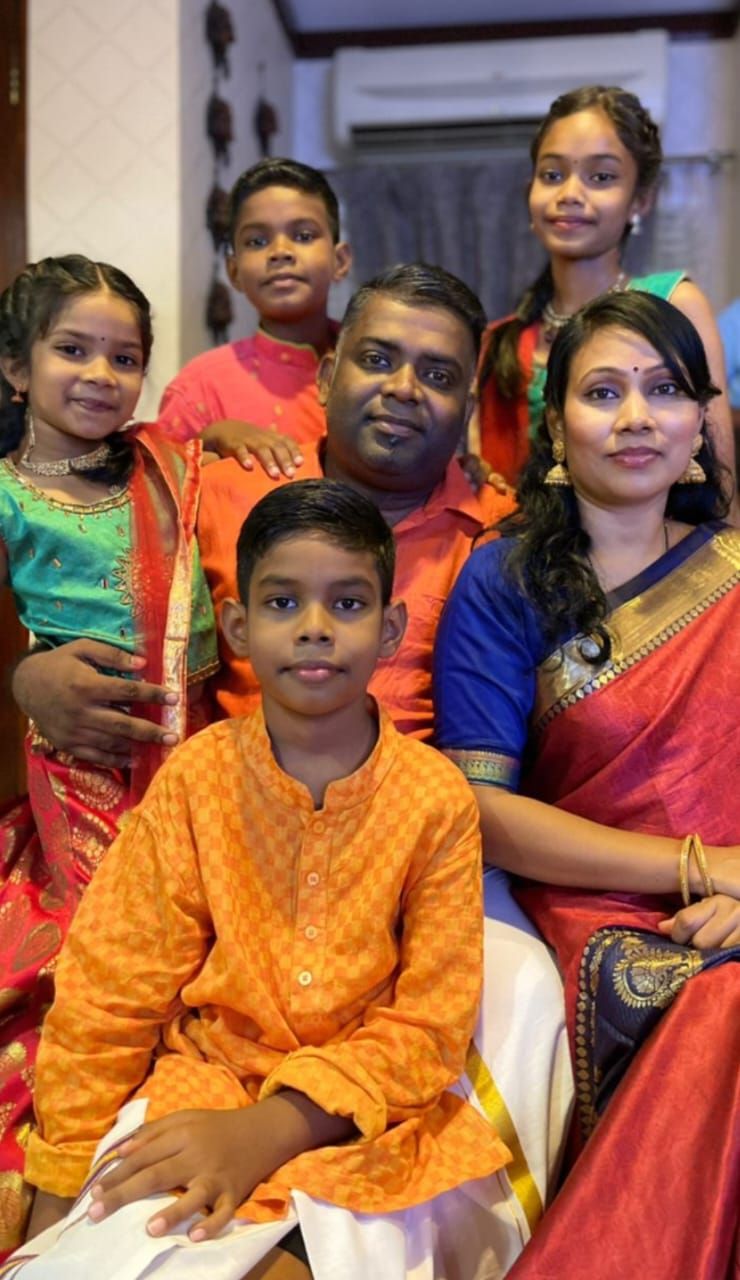ANN/THE STAR – Good manners extend beyond simply saying “please” and “thank you” and should be a fundamental part of daily life, not just an occasional gesture. Good manners involve being polite and respectful to others and mindful of their feelings. These skills are not innate; they must be learned and cultivated.
In today’s diverse yet interconnected world, the soft skills and values we instil in children are crucial for shaping their futures and our communities.
Children with good manners develop better social, communication, and self-discipline skills, gaining recognition for all the right reasons. However, good manners seem to be increasingly rare.
A Forbes article last year highlighted a “civility crisis,” according to San Diego-based etiquette expert Maryanne Parker. She noted that while children primarily learn etiquette and good behaviour at home, this has become challenging as families focus more on hard skills amidst busy schedules.
Etiquette consultant Jodi RR Smith echoed these sentiments, describing the teaching of manners as “endangered,” though thankfully not extinct. “There are still families where manners are taught, but they are fewer and farther between,” she observed.
Closer to home, parents and grandparents agree that instilling good manners from a young age is vital.

Grandmother of six Adibah Ishak, 68, says good manners are even more crucial in a borderless, modern world.
“It shapes personality traits and development, but for this, children need good role models to guide them through childhood, into adolescence and adulthood,” she says.
The semi-retiree from Kuala Lumpur believes the learning process starts at home, with children observing their parents’ consistent behaviour and remodelling them.
“I always remind myself that children are reflections of their parents,” says Ravindran Durirazy, 41, father of four children aged between eight and 14.
The businessman from Selangor stresses the importance of adults being consistent in modelling good behaviour when teaching manners to their children.

Mother of three from Selangor, Nur Elaine Aisyah Abdullah, 47, agrees: “Parents who practise what they preach help create a culture of good manners at home, which eventually becomes a lifestyle for their children.”
To effectively demonstrate good manners, she says parents need to have strong self-awareness of their actions and the consequences.
The financial planning consultant adds: “This means having the ability to lower their ego and practise what they have been teaching their children, like saying ‘thank you’ and ‘I’m sorry’ when the need arises.”
Adibah also points out the need for effective communication between parents and teachers to collectively demonstrate good manners. “Children spend half of their day in school and they may pick up unacceptable behaviours that parents at home notice but teachers may miss,” she says.
She believes it is vital for schools to identify these behaviours at their roots, especially when they interfere with children’s learning and socialising skills.
“There should be a supportive partnership that allows parents to closely follow and communicate with teachers about this,” she says.
MAKE IT FUN
On top of leading by example, Adibah says parents can also use a reward system to foster good ethics, such as showing respect to elders, being thankful and considerate, and saying “thank you”, “please”, and “excuse me”.
“These simple gestures should be taught to children from an early age; it’s a parenting technique passed down through generations,” she adds.
However, Adibah notes that modern day parents are creative and resourceful, and can find interactive ways to teach manners.
“I think it’s fun to let children make their own birthday cards instead of sending birthday wishes by WhatsApp. Not only can they explore their creativity, their effort will also be appreciated,” she says.
Another way, Adibah suggests, is by introducing children to charity by letting them hand over donations themselves.
Both Ravindran and Nur Elaine Aisyah like to share real-life stories, either from personal experience or the media.
“My wife and I believe this approach is practical because children can see the outcome of good manners for themselves,” says Ravindran.
He often cites a relative brought up in a firm but respectful environment, who turned out to be a good human being with many blessings, becoming a shining example for other children in the family.
“My children and I always have our chats where I share stories and encourage them to give their opinions,” says Nur Elaine Aisyah, “because each story has its own lessons for children to learn from.”
Ravindran adds: “Whatever we want to instil should come down to raising kids to be respectful and good human beings. Some lessons may not be easy to follow, but we want them to understand the significance and hope that they continue these practices in their own families.”

ACROSS CULTURE AND TIME
Adibah attributes the right values and manners that she and her ten siblings have, to their late parents.
“The values they instilled in us unite and bond us well, and we pass down these values to our own children and grandchildren,” she says. “Thankfully, now the second generation continues the bond by organising a family day every three years to keep the kinship going.”
Ravindran is also thankful that his children, despite their young age, understand the importance of family bond and practising their culture, such as praying for ancestors, respect for the elders, and daily morning prayers.
“They are also taught to respect other cultures, as we live in a multicultural society. In fact, we adopt good habits from other cultures, like the salam gesture from the Malays and giving out angpow from the Chinese for our Deepavali celebration,” he says.
When faced with differences, Ravindran encourages his children to ask and talk about them. For instance, when they first heard the call for prayers from the mosque, they asked about it, and both parents taught them to observe silence as a sign of respect.
Being in a mixed-marriage family, Nur Elaine Aisyah says her children have the advantage of learning and good manners from Malay and Chinese cultures.
Since each culture has its own values and clemency, she trains her children to be sensitive when meeting either side of the family.
“But what I notice is that both cultures, based on observations in my Malay in-laws and my Chinese family, emphasise respect for the elders, including prioritising the seating arrangement for the elderly in the car and observing proper seating and dining etiquette,” she adds.
Nur Elaine Aisyah says her children are trained to ‘salam’ the elderly regardless of race, greet everyone at the dining table before beginning the meal, chew quietly and thank the host.
“Children nowadays are exposed to various platforms that provide them with a lot of information and knowledge about different cultures, manners, languages and lifestyles. This makes it easier for us to reinforce the values we want to instil in them,” she says.
Adibah agrees: “One of the ways to deal with cross-cultural manners is to have an open mind and communication. Cultural differences may lead to miscommunication, even over basic values.”
“Constant interaction and communication with people of different cultures help build trust, promote respect and foster appreciation,” says Adibah, who has a Chinese daughter-in-law. – Zalina Mohd Som





